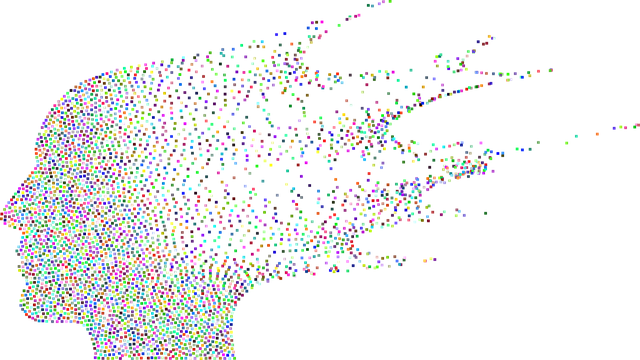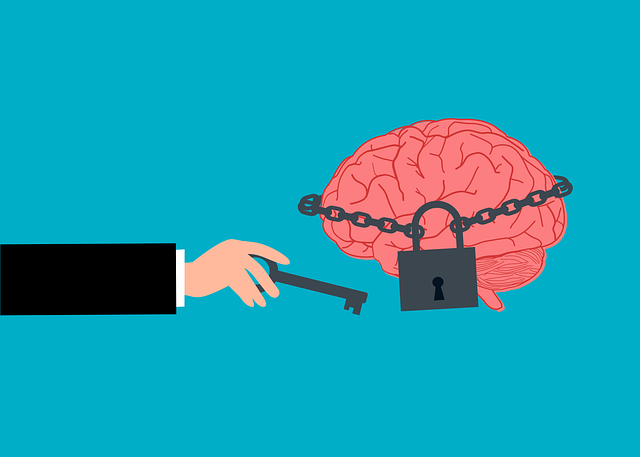Golden Men's Issues Therapy (GMIT) is a comprehensive approach to emotion regulation that combines mindfulness meditation, cognitive reframing, and resilience building. By acknowledging the impact of uncontrolled emotions on mental well-being, GMIT equips individuals with skills to recognize and manage their emotions effectively. This holistic method incorporates cultural sensitivity, self-care strategies like meditation, deep breathing, and regular physical activity, and advocates for accessible mental health resources. Through these practices, GMIT fosters present-moment awareness, reduces stress, and enhances emotional stability, ultimately contributing to a healthier society by empowering individuals to take charge of their emotional well-being.
Emotion regulation is a vital skill, especially for men, as it can significantly impact overall well-being. This article explores effective techniques rooted in Golden Men’s Issues Therapy, offering a comprehensive guide to managing emotions healthily. We delve into understanding the importance of emotional intelligence and its connection to mental health. By examining common strategies, self-care practices, mindfulness, and cognitive techniques, readers will discover tools to navigate and regulate their emotions, fostering resilience and improved quality of life.
- Understanding Emotion Regulation and Its Importance
- Common Techniques in Golden Men's Issues Therapy
- Implementing Self-Care Strategies for Effective Regulation
- Practicing Mindfulness and Cognitive Techniques
Understanding Emotion Regulation and Its Importance

Emotion regulation is a vital skill that plays a significant role in overall mental well-being and quality of life. It refers to the process of managing, understanding, and modifying one’s emotional responses to adapt to different situations effectively. Golden Mens Issues Therapy (GMIT) recognizes that emotions are a natural part of the human experience but that excessive or uncontrolled emotions can lead to various challenges. By teaching individuals to recognize and regulate their emotions, GMIT offers a powerful tool for enhancing resilience and coping mechanisms.
This process is particularly crucial in navigating the complexities of modern life, where stress management and emotional balance are often tested. Cultural sensitivity in mental healthcare practice is integral to this approach, ensuring that emotion regulation techniques are accessible and adaptable to diverse populations. Mental health policy analysis and advocacy also support these efforts by promoting resources and strategies that empower individuals to take control of their emotional well-being, fostering a healthier society as a result.
Common Techniques in Golden Men's Issues Therapy

Golden Men’s Issues Therapy employs a range of effective emotion regulation techniques to help individuals navigate and overcome personal challenges. Common practices include mindfulness meditation, a powerful tool that encourages present-moment awareness, enabling men to observe their emotions without judgment. This technique fosters self-care practices, allowing for better understanding and management of feelings.
Additionally, cognitive reframing is utilized to challenge negative thought patterns and beliefs. By shifting perspectives and adopting mind over matter principles, individuals can transform their emotional responses. The therapy also emphasizes resilience building, equipping men with strategies to bounce back from setbacks and maintain emotional stability in the face of adversity.
Implementing Self-Care Strategies for Effective Regulation

Implementing self-care strategies is an integral part of effective emotion regulation, especially within the context of Golden Men’s Issues Therapy (GMIT). This approach emphasizes the need for individuals to prioritize their well-being as a foundation for managing and understanding their emotions. Self-care practices vary from person to person but often involve activities that promote relaxation, reduce stress, and enhance overall mental health. For instance, practicing mindfulness through meditation or deep breathing exercises can significantly improve one’s ability to stay present and regulate intense feelings.
In the realm of GMIT, self-awareness exercises play a pivotal role in risk assessment for mental health professionals. By fostering self-reflection and understanding, individuals gain valuable insights into their emotional triggers and patterns. This heightened self-awareness not only facilitates better emotion regulation but also boosts confidence in managing challenging situations. Additionally, incorporating regular physical activity, sufficient sleep, and nutritious meals into one’s routine can significantly contribute to overall mental resilience and effective emotion regulation techniques, as backed by various studies in mental health professional literature.
Practicing Mindfulness and Cognitive Techniques

Practicing mindfulness and cognitive techniques is a powerful tool in emotion regulation, offering individuals a way to navigate their inner world with greater clarity and control. These methods, often integrated into Golden Men’s Issues Therapy, encourage people to observe their thoughts and feelings without judgment. By cultivating present-moment awareness, individuals can develop a deeper understanding of their emotional triggers, allowing them to respond mindfully rather than reacting impulsively.
Cognitive techniques play a significant role in this process, helping to identify and challenge negative thought patterns. This involves recognizing distorted thinking and replacing it with more realistic, balanced perspectives. Such practices foster inner strength development, enabling individuals to navigate challenging situations with resilience. In the context of mental health policy analysis and advocacy, promoting these skills can enhance overall well-being, reduce stress, and potentially lower healthcare provider cultural competency training needs related to common emotional disorders.
Emotion regulation is a vital skill, and understanding its significance in mental well-being is the first step. The techniques discussed, including those from Golden Men’s Issues Therapy, offer practical tools for managing emotions effectively. By incorporating self-care strategies, mindfulness practices, and cognitive shifts, individuals can navigate their emotional landscapes with greater ease. These methods empower people to lead more balanced lives, fostering resilience and overall mental health, as evidenced by the successful integration of Golden Mens Issues Therapy techniques.














